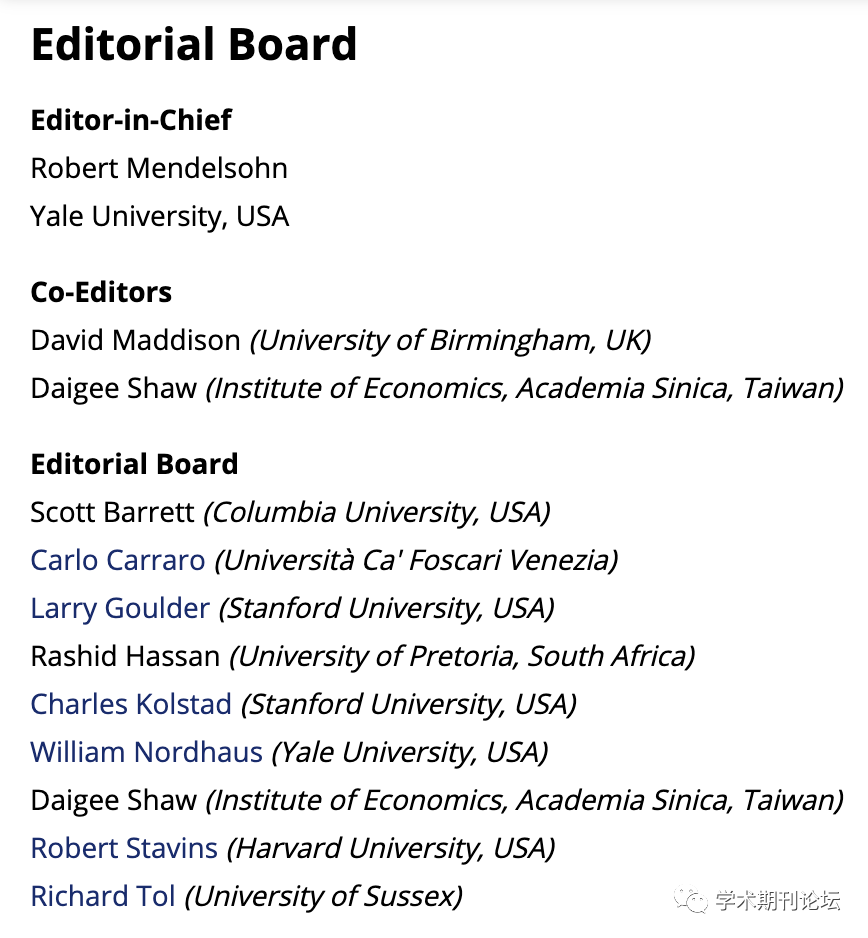Topical Issue of CCE: What Mitigation Can Asia Contribute to the Paris Agreement Targets?
1. Background
Asia, particularly China, has been a story of rapid economic growth, rising to a prominent position in the global economy. Continued rapid growth suggests that Asia potentially will be a source of substantial future greenhouse gas (GHG) emissions as well. Despite modest declines in emissions in industrialized countries, such as the United States and the European Union (EU), global emissions will not come close to meeting the Paris targets without substantial mitigation actions. With two big emitters, China and India, and many rapidly growing economies, Asia is in a critical position to help reduce greenhouse gas emissions. In order to meet the aspiration of the Paris Agreement to hold global temperature rise to 1.5°C or 2°C, dramatic increases in global mitigation will be needed (Duan et al., 2019). Specifically, Asia will need to transform its energy strategy on a large-scale and adopt as many cost-effective mitigation methods as possible.
This special issue invites scholars with interest in and models of Asian mitigation to study how Asia can contribute to the global effort to meet the 1.5°C and 2°C targets. We encourage innovative economic models, novel economic methodologies, and new economic results. Please contribute a paper that helps foster a better understanding of what Asia can do to help.
2. Topics of interest
The topics of this issue include, but are not limited to:
Asian countries’ (e.g., China, India) roles in implementing the Paris Agreement: the political economics of climate governance
The magnitude of emission reductions required in Asia to meet the 1.5⁰C and 2⁰C targets and what specific mitigation efforts would be cost effective strategies for the region and each Asian country
The role of carbon pricing mechanism, climate regime building (South-South and South-North cooperation) in attaining Asia’s mitigation goals
Distributional effects of alternative climate policies on industries and households across the region
Alternative technologies and policies that would lead to negative emissions in a least cost framework
Policy incentives to adopt renewable energy technologies, e.g., rooftop solar, in the residential and commercial sectors
Potential and cost of alternative mitigation pathways, such as changes in lifestyle, reductions in non-carbon emissions, and more intensified energy electrification
Mitigation potential and cost of energy efficiency and low-carbon coal-fired power plants
The implications of trade cooperation, tariffs, climate financing and technology transfer to control carbon flows
Use of green cities and renewables for cost effective long-term zero-carbon outcomes
References
Duan, H. B., Zhang, G. P., Wang, S. Y., Fan, Y. Robust climate change research: A review on multi-model analysis. Environmental Research Letters, 2019, 14(3): 033001.
Pan, J. H., Chen, Y. The carbon budget scheme: An institutional framework for a fair and sustainable world climate region. Social Sciences in China, 2009, 5(6): 83-98.
Wang, C., Wu, J., Zhang, B. Environmental Regulation, Emissions and Productivity: Evidence from Chinese COD-emitting Manufacturers. Journal of Environmental Economics & Management, 2018, 92: 54-73.
3. Submission instructions
All submitted papers must be clearly written in proper English and contain only original work, which has not been previously published or currently under consideration for publication elsewhere. All submissions will be peer-reviewed following the normal standards and procedures of the Climate Change Economics journal. Please submit your manuscript through the editorial manager system: https://www.worldscientific.com/worldscinet/cce.
The imporant dates are given as below:
March, 2021: manuscript submission deadline;
September, 2021: manuscripts reviewed and revised;
November, 2021: expected publication
4. Guest editors
Hongbo Duan, Associate Professor (Managing editor)
School of Economics and Management,
University of Chinese Academy of Sciences
E-mail: hbduan@ucas.ac.cn
Jiahua Pan, Distinguished Professor
Institute for Urban and Environmental Studies,
Chinese Academy of Social Sciences
Tsvetan G. Tsvetanov, Assistant Professor
Department of Economics
University of Kansas
E-mail: Tsvetanov@ku.edu
Bing Zhang, Professor
School of Environment
Nanjing University
E-mail: zhangb@nju.edu.cn
5. About CCE
Climate Change Economics (CCE) publishes theoretical and empirical papers devoted to analyses of mitigation, adaptation, impacts, and other issues related to the policy and management of greenhouse gases. CCE is specifically devoted to papers in economics although it is understood that authors may need to rely on other fields for important insights. The journal is interested in papers examining the issue at every scale from local to global and papers from around the world are encouraged. CCE is also interested in both original research and review papers and welcomes comments discussing previous articles.
CCE建刊于2010年,SSCI检索,在气候变化领域具有相当高的声誉。由耶鲁大学著名经济学家Robert Mendelsohn教授担任主编,编辑团队由一众全球顶尖的环境和气候经济学家组成,包括诺奖得主William Nordhaus教授,著名环境经济学家、环境经济学教材主编哈佛大学Robert Stavins教授,EAERE前主席Carlo Carraro教授,斯坦福大学教授Larry Goulder,哥伦比亚大学Scott Barrett教授和EE现值主编Richard Tol教授等。
